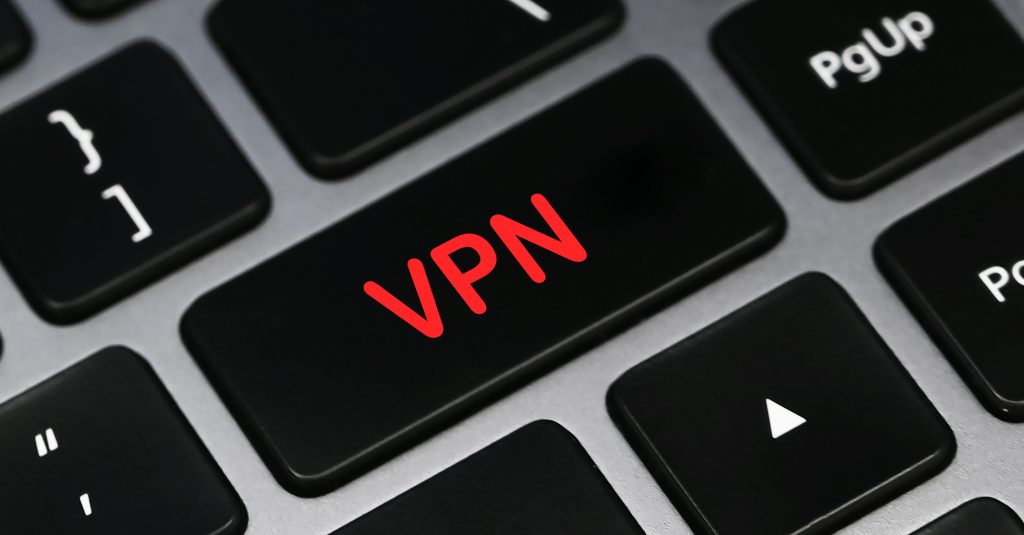Online privacy is no longer a niche concern discussed only in IT departments. In today’s world of constant surveillance, data leaks, and regional restrictions, both everyday users and large organizations are rethinking how they protect their digital presence. Whether it’s for bypassing content blocks or shielding sensitive data, tools like VPNs and proxy servers are front and center in the conversation.
More and more users are turning to platforms like Buy Proxy Server, which offer ready-made infrastructure for anonymous, stable, and high-speed connections. But with both proxies and VPNs acting as intermediaries between your device and the internet, how do you choose the right one? Let’s break it down.
What Is a Proxy Server?
A proxy server acts as a middleman between your computer and the websites you visit. It replaces your real IP address with its own, offering a basic layer of anonymity and control over how your traffic moves.
Different types of proxy servers serve different purposes:
HTTP Proxy – Works only with web traffic. It can cache frequently visited pages to speed up browsing and reduce bandwidth usage. However, cached data may become a vulnerability if compromised.
SOCKS Proxy More versatile, handling various traffic types like video streaming, online gaming, or P2P file sharing. Though flexible, SOCKS proxies can be slower due to higher demand.
Transparent Proxy Often used by organizations like schools or offices without the user’s knowledge. These don’t hide IP addresses or encrypt traffic; instead, they’re used for monitoring and filtering.
Private Proxy Offers a dedicated IP address to a single user. This avoids issues like being blacklisted because of shared IPs but typically comes at a higher cost.
While proxies can be useful for changing your IP address, accessing geo-blocked content, or reducing data usage, they do not encrypt your internet traffic. That means your data can still be intercepted by ISPs, hackers, or surveillance agencies. Proxies are better suited for lightweight tasks like basic browsing, scraping, or accessing specific content not for full-spectrum security.
How Does a VPN Work?
VPNs (Virtual Private Networks) take things a step further. Unlike proxies, which work on an application level (like just your browser), VPNs operate at the system level, encrypting all internet traffic from your device — whether it comes from a browser, app, or background process.
With a VPN, your data is routed through an encrypted tunnel to a remote server, shielding it from prying eyes. Even your internet service provider (ISP) can’t see what you’re doing online.
Key benefits of using a VPN:
End-to-end encryption of all traffic for maximum privacy.
Protection from hackers, especially on public Wi-Fi networks.
Stable and secure connections, regardless of which app or service you’re using.
The main downside? VPNs can be slightly slower than proxies due to the encryption process. But for most users, the trade-off is well worth it for the level of security and peace of mind VPNs offer.
VPN vs. Proxy: What’s the Difference?
The choice between a VPN and a proxy largely comes down to your goals.
If you simply want to hide your IP address to access region-locked websites or bypass a firewall, a proxy might be enough. But if you’re concerned about your data being intercepted, tracked, or sold, a VPN is the stronger, more secure option.
The Market Shift: VPNs Taking the Lead
Recent industry data reflects a clear shift: while proxies are still widely used in niche scenarios — such as web scraping, ad testing, or internal corporate setups — VPNs have become the go-to solution for users prioritizing privacy and online freedom.




![‘Jay Kelly’ Review – Noah Baumbach Makes A Case For The Magic Of Movie Stardom [NYFF 2025] ‘Jay Kelly’ Review – Noah Baumbach Makes A Case For The Magic Of Movie Stardom [NYFF 2025]](https://cdn.geekvibesnation.com/wp-media-folder-geek-vibes-nation/wp-content/uploads/2025/11/Jay-Kelly-JKELLY_20240523_15320_C2_R-300x180.jpg)

